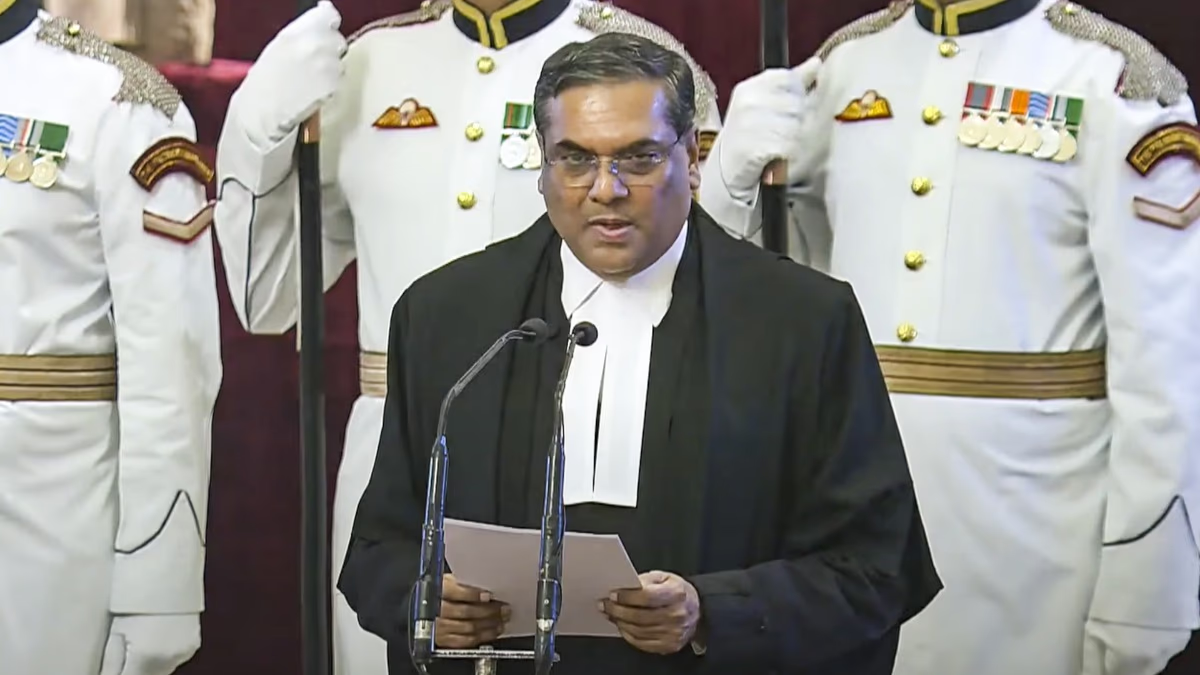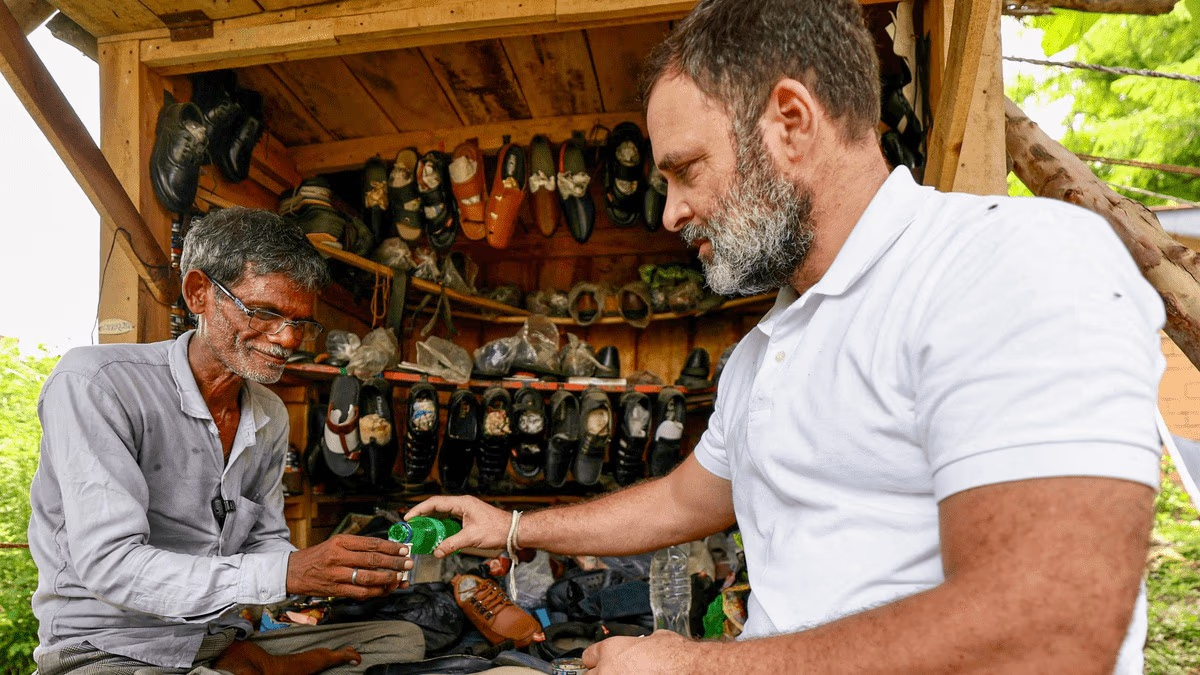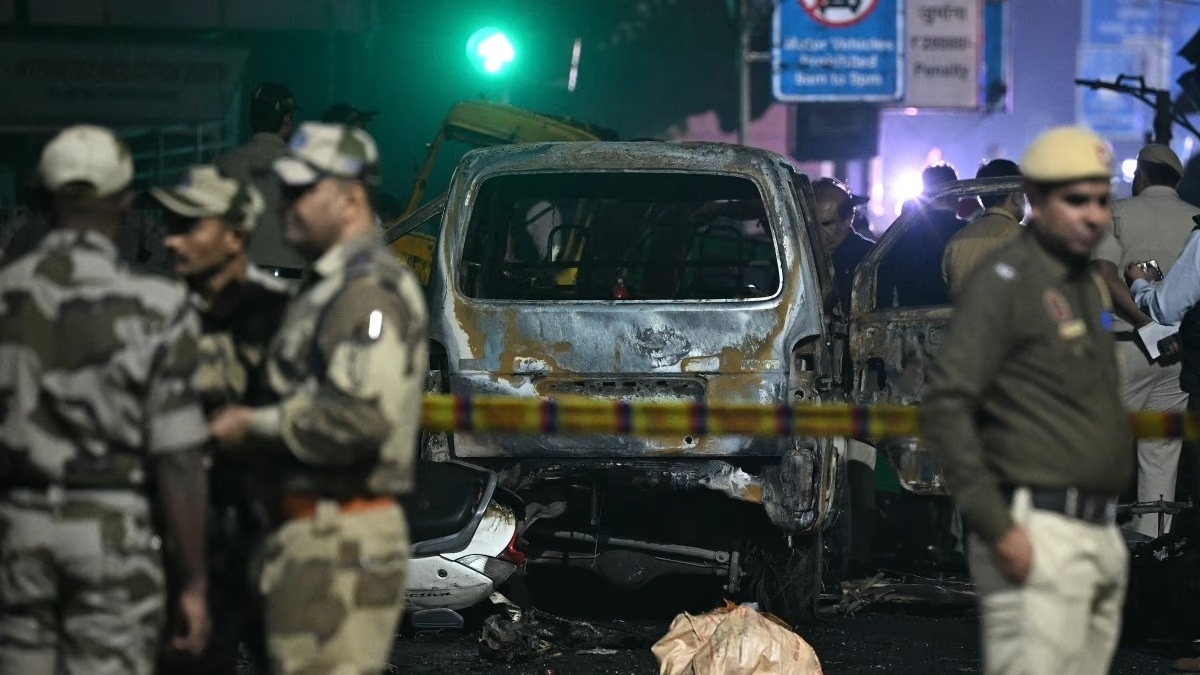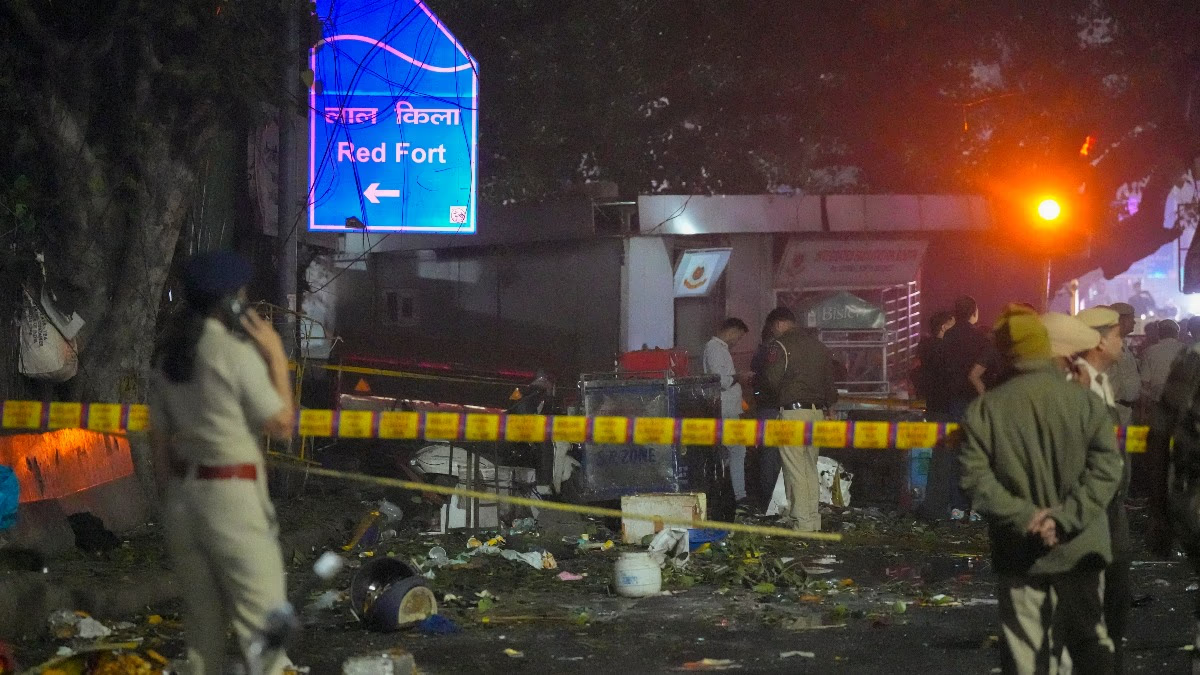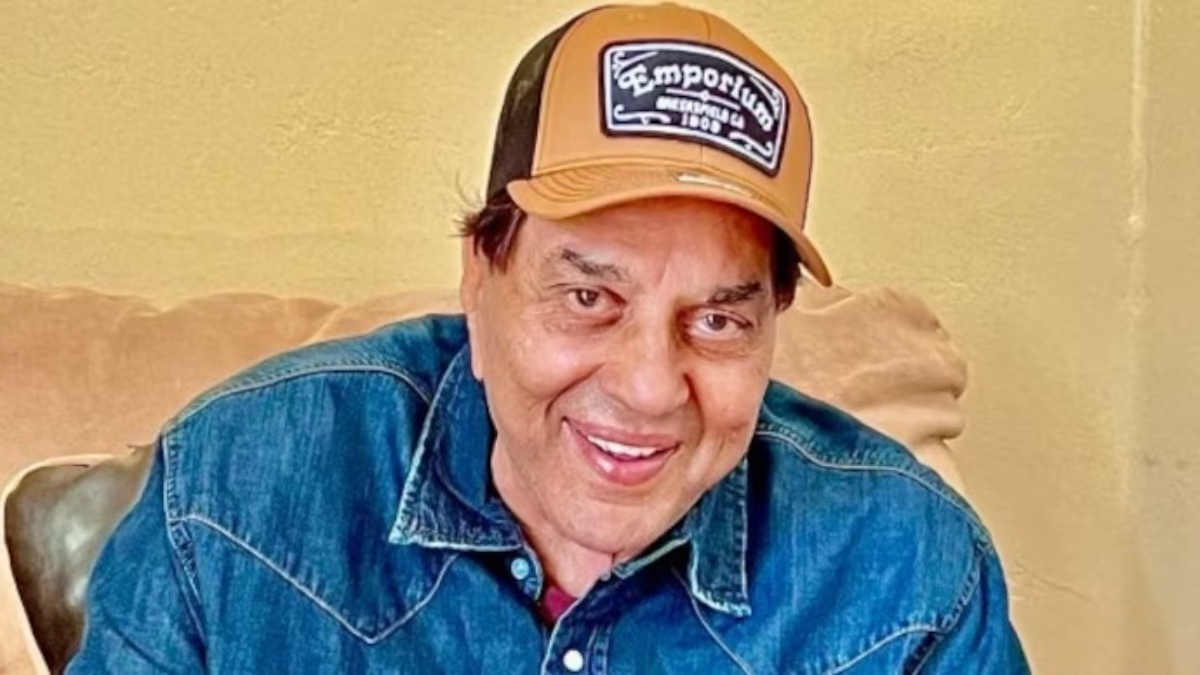Justice Sanjiv Khanna took oath as the 51st Chief Justice of the Supreme Court on Monday. Replacing DY Chandrachud, whose two-year term ended as he retired at the age of 65, Khanna's term will last six months until May 13, 2025. The new CJI's bench will tackle pending major cases, including the legality of caste census in Bihar and a documentary by the BBC featuring PM Modi. Deciding these cases poses a significant challenge.
Justice Khanna is acclaimed for delivering concise decisions and has played a role in significant cases like RTI, judicial transparency, VVPAT, electoral bonds, and Article 370. Recommended by departing CJI Chandrachud, Justice Khanna was appointed to the Supreme Court in January 2019.
During his tenure, Justice Khanna will preside over several high-profile pending cases, where his decision-making capacity will be scrutinized. Key cases include the review of orders denying same-sex marriages, the marital rape issue, legitimacy of coercive marital restoration, and the Citizenship (Amendment) Act. Additionally, whether political detainees receive timely relief during his tenure remains closely watched.
The New CJI's Bench Takes On Pending Cases
- Challenges to the 2023 Election Commissioners Appointment Act are before Justice Khanna's bench. Joining the petitioners in challenging the exclusion of CJI from the selection panel, SC will decide if the act contradicts previous Constitution Bench rulings. It establishes a nomination committee within the ECI.
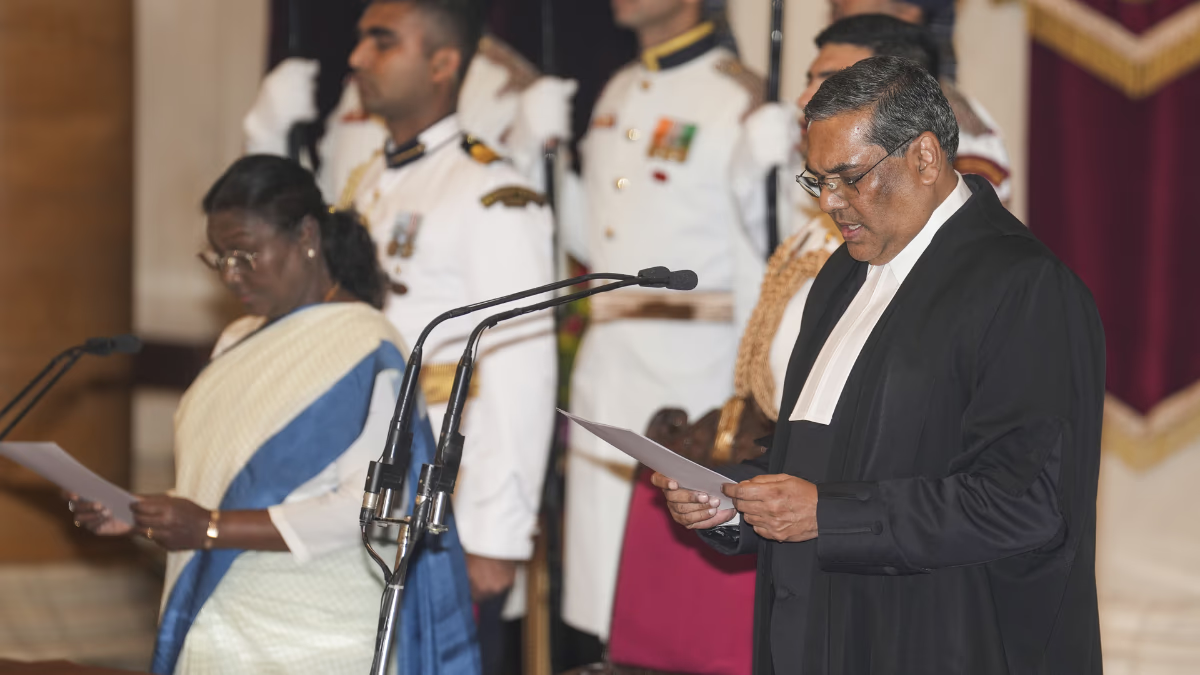
Source: aajtak
- Additionally, the Supreme Court has taken suo motu cognizance in a clash of orders case from the Calcutta High Court, involving Justice Khanna.
- The SC is hearing a review petition in Nabam Rebia's case, assessing speaker oversight on disqualification when their removal is pending, initially adjudicated in 2016.
- The immunity under Article 194 versus expression rights under Article 19 is debated in Ravi v. Chennai Assembly Speaker, where Justice Khanna's bench will determine constitutional supremacy.
- Deciding the constitutionality of state-imposed annual turnover tax is Geneva vs. Odisha in Justice Khanna's docket.
- The legality of Bihar's caste census is contested in Youth for Equality vs. State of Bihar, questioning the state's right to conduct caste-based surveys.
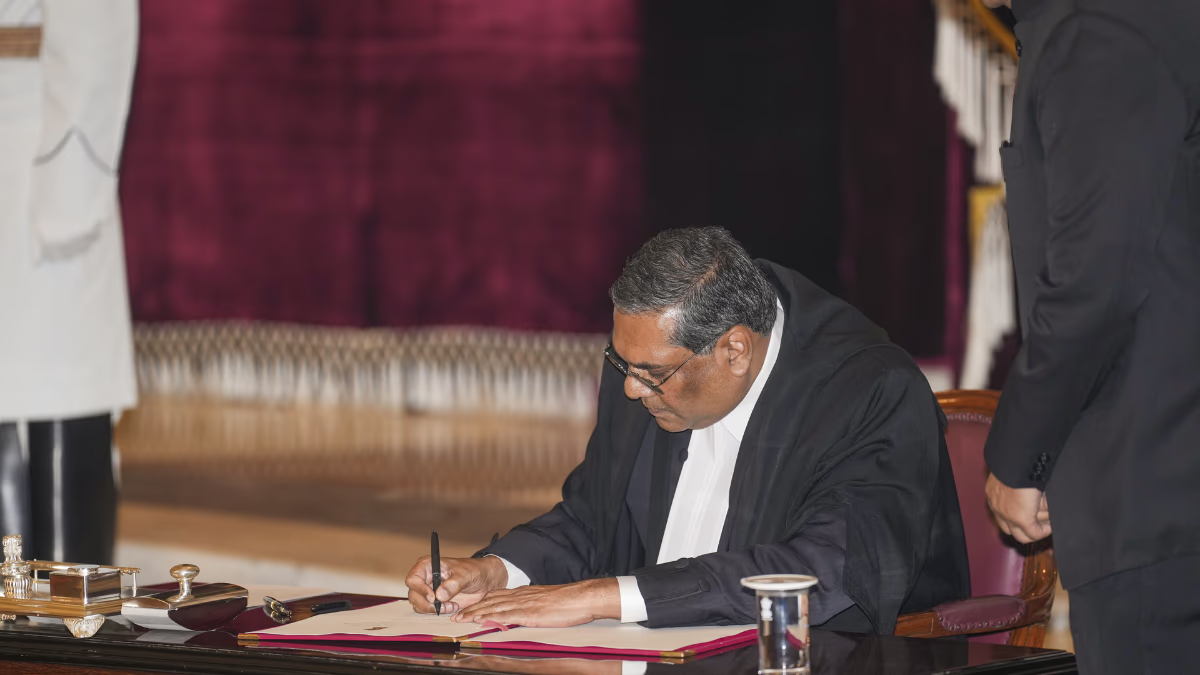
Source: aajtak
- Justice Khanna's bench also oversees hearings on PM Modi's documentary bans in Ram v. Union of India.
- The bench continues to process pleas regarding compulsory fundamental duties in Durga Dutt v. Union of India.
- In reservation in promotion matters, Jarnail Singh v. Lakshmi Narayan Gupta questions extending reservations based on inadequate SC/ST representation data.
- The Tribunal and Financial Act's enactment legality under Roger Mathew vs. South Indian Bank Limited is under SC scrutiny.
- The legitimacy of minority status grants per Ashwani Kumar Upadhyay vs. Union of India highlights the focus on state versus national benchmarks.
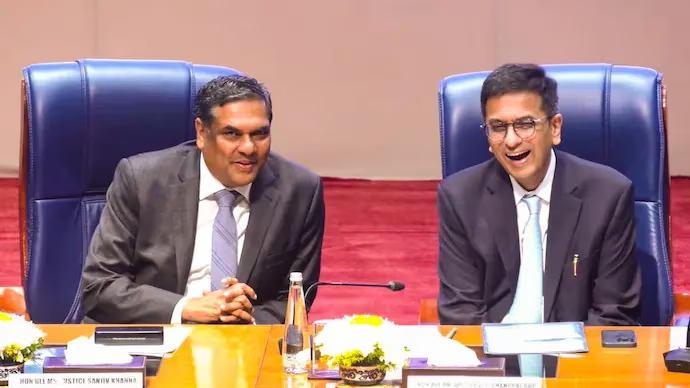
Source: aajtak
- Unique judicial protection for 'One Rank One Pension' is debated with Justice Khanna directing punitive measures for delay.
Justice Khanna's Historic Decision in India's Judiciary
In a renowned AMU case, Justice Khanna was part of the constitutional bench granting AMU minority status. Revisiting the 1967 ruling, AMU's equal access for other communities was upheld, with a pending 3-judge review on minority foundation origins.
- Uniquely, in the alcohol policy case, Justice Khanna granted interim bail to former Delhi CM Kejriwal for election campaigns, with a subsequent large bench review to follow.
Article 370 and Electoral Bonds Judgments
Within the Constitution Bench, Justice Khanna adjudicated Article 370 annulment petitions and deemed electoral bonds unconstitutional among notable verdicts. His bench assessed EVM and VVPAT controversies.
Coverage of BBC Modi Documentary Debacle
Justice Khanna presided over hearings on Prime Minister Modi's BBC documentary, temporarily pausing challenges against government bans until January, concerning the Gujarat riots portrayal. This ban covers content links restrictions on platforms like YouTube and Twitter.
Controversy Over Hijab Ban in Educational Institutes
In a hijab ban controversy, Justice Khanna intervened against a Mumbai institution's prohibition order, questioning non-inclusion of religious markers like tilak and bindi in the ban, reinforcing that institutions can't dictate students' religious expressions.
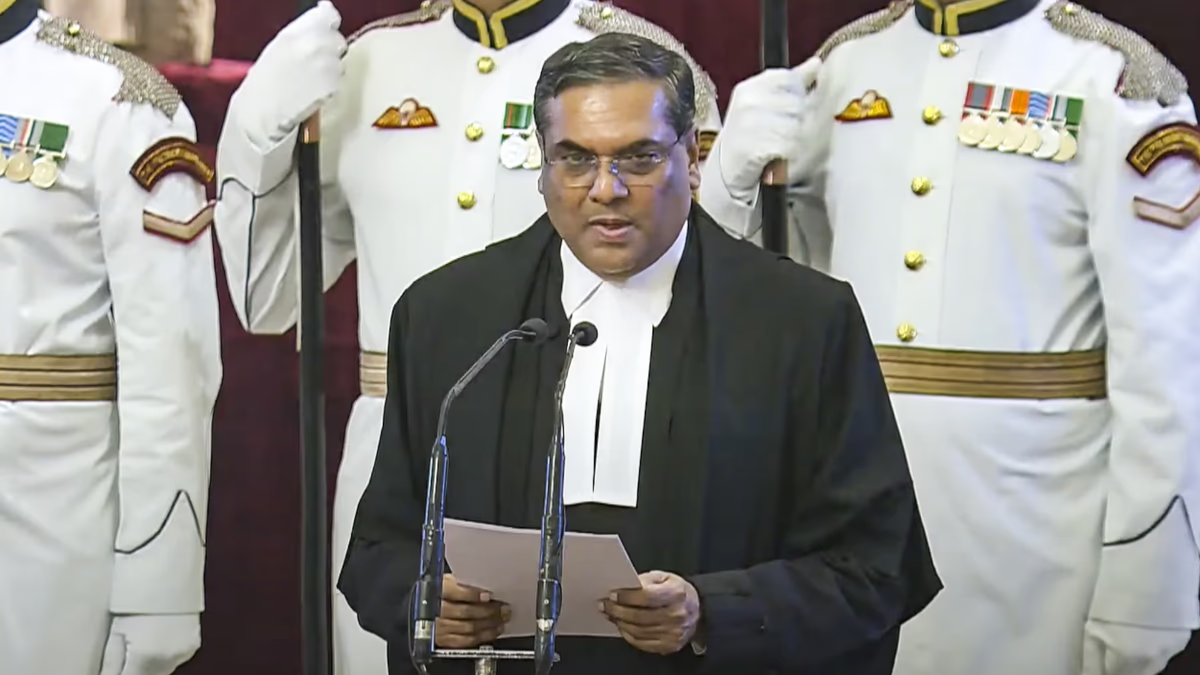
Source: aajtak
The 'One Rank One Pension' Case Critique
Pivotal in the OROP delay, Justice Khanna's bench fined the government Rs 5 lakh for the delay in implementing the pension scheme promised to military personnel since 2015.
Justice Khanna's Directives to Central Governance
During the OROP hearing, Justice Khanna challenged the government's indecision regarding pensions owed to retired captains, underscoring the need for prompt action or additional payments for non-compliance. His anecdotal approach illuminated the systemic oversight jeopardizing veterans.
Abstention from Same-Sex Marriage Review
Justice Khanna recused himself from the same-sex marriage review, which he was initially set to oversee in July 2024. His withdrawal highlights the bench rotation process led by judicial discretion in complex cases.
Born on May 14, 1960, Justice Khanna, educated in law from Delhi University's Campus Law Center, ascended from a third-generation lawyer's lineage to a Delhi High Court Judge position, extending his judicial influence globally, including his role at NALSA.
